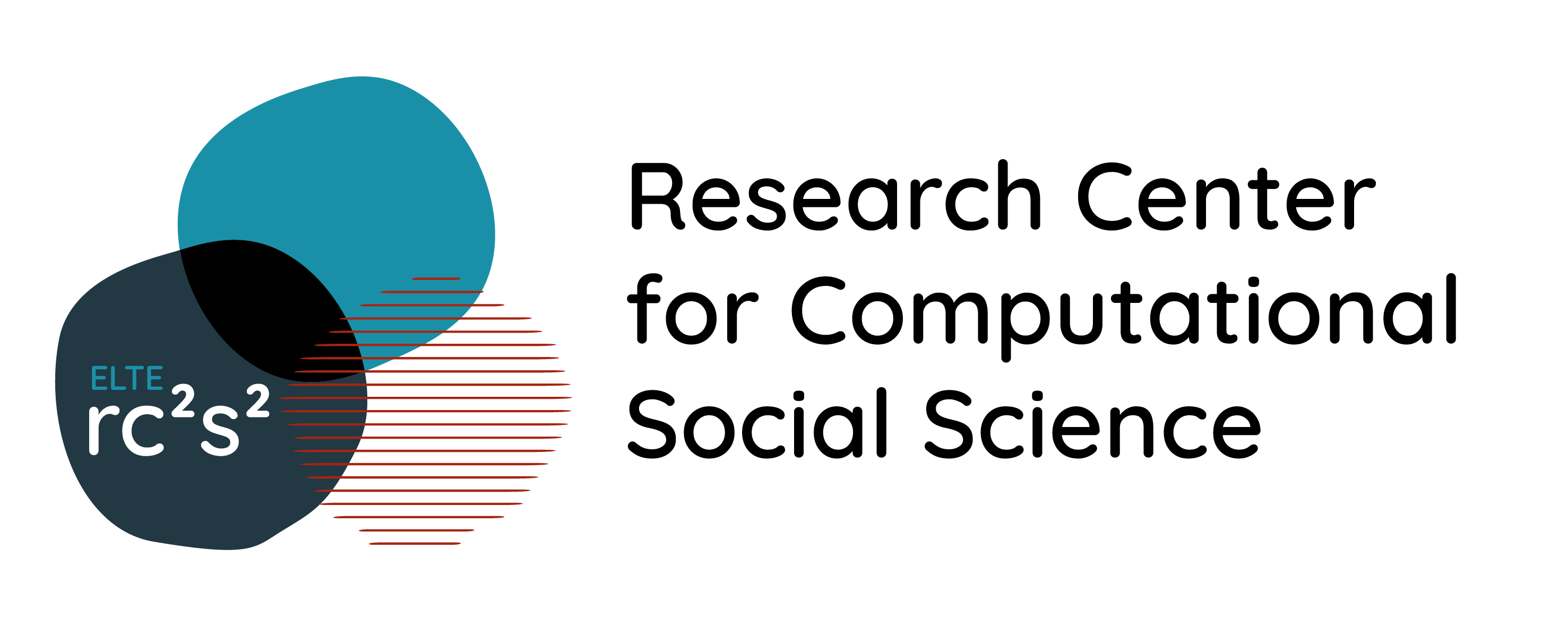Balázs Mayer (E-mail)
I have studied the effect of homophily on opinion dynamics processes in social networks by agent based social simulation. My main hypothesis (based on the findings of Gargiulo and Gandica, 2017) was that greater opinion homophily leads to an increased chance of consensus formation.
Contrary to the original paper where the opinion variable had a random uniform distribution and similarity between agents was only measured in this one direction, my own growing network model considers both the well-known phenomenon of preferential attachment, the homophily of agents by their demographic attributes (derived from ego-network data about the Hungarian society in the 2000s using a case-control framework) and five different (simulated and real-world) opinion distributions, according to which homophily could be tuned.
The resulting graphs could capture the phenomenon of more similar agents being connected with greater probability both according to their opinion and demographical attributes, and networks with increased opinion homophily displayed greater modularity than simple preferential attachment ones. However, the networks created only considering the effects of similarity of demographic attributes did not show increased modularity.
Upon analysing the opinion dynamics processes in the networks the initial hypothesis was confirmed – it seems that the consensus stimulating effect of opinion homophily does not depend greatly on the distribution of the opinion variable, neither does introducing demographic homophily change this association.
References:
Gargiulo, F., Gandica, Y. (2017). The role of homophily in the emergence of opinion controversies. In: Journal of Artificial Societies and Social Simulation, 20 (3)
